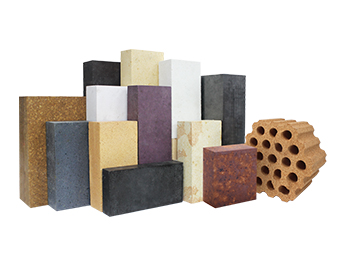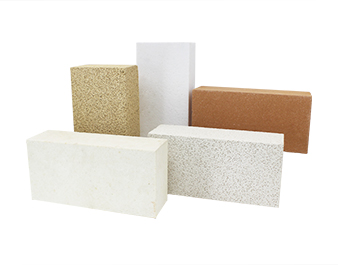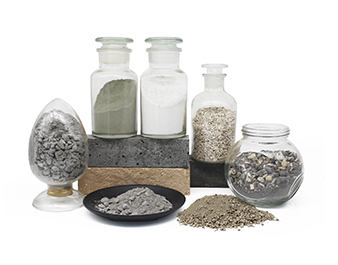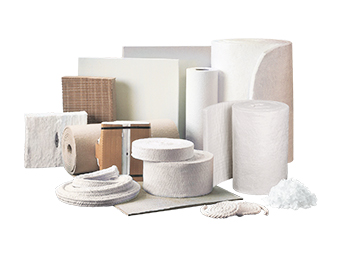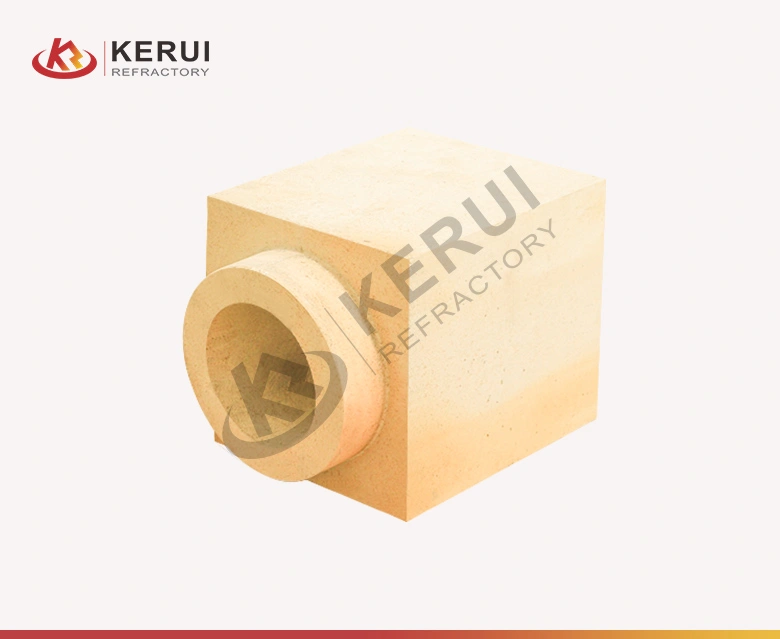
유정 블록 내화성에 대한 설명
내화 유정 블록은 철강 산업의 연속 주조 공정에서 중요한 역할을 합니다. 엄선된 내화 재료로 제작되어 극한의 조건을 견딜 수 있습니다. 우물 블록 내화물은 주로 고알루미나, 마그네시아-알루미늄 스피넬, 내화 캐스터블과 같은 재료로 만들어집니다. 특정 내화도는 다양한 적용 요구 사항에 따라 원료의 구성과 비율을 변경하여 조정할 수 있습니다. 예를 들어, 알루미나 함량이 높은 우물 블록 내화물은 일반적으로 내화도가 더 높습니다.

케루이 유정 블록 내화물의 기술 데이터
| 차이점 | 툰디쉬 우물 블록 | 래들 우물 블록 |
|---|---|---|
| 위치 | 툰디쉬 바닥 | 국자 바닥 |
| 주요 기능 | 용강이 금형으로 유입되는 유량을 제어하고 금형 청결도를 개선합니다. | 용광로에서 래들로 유입되는 용강의 유속을 제어하고 경우에 따라 강철 성분을 조정합니다. |
| 운영 단계 | 연속 캐스팅 프로세스 | 제강 및 제강 공정 |
| 카테고리 | 기술 사양 | 설명 |
|---|---|---|
| 치수 | 230 × 114 × 76mm(표준) | 퍼니스 설계에 따라 맞춤화 가능, 허용 오차 ±2mm |
| 재료 유형 | 고알루미늄 내화 벽돌(Al₂O₃ ≥ 48%) | 옵션: 표준 고알루미늄, 마그네시아 알루미나, 지르콘 벽돌 등 |
| 밀도 | 2.2-2.6 g/cm³ | 고밀도 벽돌은 내마모성이 우수하고 저밀도 벽돌은 단열성이 우수합니다. |
| 수분 흡수 | ≤ 6% | 낮은 수분 흡수율로 내구성 향상 |
| 압축 강도 | ≥ 80 MPa | 고온에서 하중 지지력 유지 |
| 굴곡 강도 | ≥ 20 MPa | 열 스트레스 및 기계적 충격에 대한 내성 |
| 내화성 | 1600-1800 ℃ | 부드러워지거나 깨지지 않음 |
| 열 충격 저항 | ≥ 20주기 이상 | 반복적인 가열 및 냉각에도 균열 없음 |
| 열 전도성 | 1.0-2.0 W/m-K | 단열 또는 열 전도용으로 선택 가능 |
| 화학 성분 | Al₂O₃: 48-60%, SiO₂: 30-45%, Fe₂O₃ ≤ 2%, CaO+MgO ≤ 3% | 요구 사항에 따라 산성/알칼리성 속성 조정 가능 |
| 발사 조건 | 완전 소결 | 강도 및 내구성 향상 |
| 표면 정확도 | 평탄도 ≤ 1.0mm | 시공 정밀도 보장 및 틈새 감소 |
웰 블록 내화성의 장점
탁월한 내열성
최대 1770~2000°C의 매우 높은 온도에서도 견딜 수 있어 강철을 만드는 용광로나 유리 용해 냄비와 같은 고열 환경에서 사용하기에 적합합니다.
뛰어난 화학적 안정성
산업 공정의 산성 또는 알칼리성 매질 등 다양한 물질에 의한 화학적 부식에 강합니다. 이러한 특성 덕분에 화학 공장 및 석유화학 원자로에서 장기간 사용할 수 있습니다.
높은 기계적 강도
기계적 스트레스, 마모, 열충격을 견딜 수 있는 충분한 강도를 가지고 있습니다. 따라서 시멘트 로터리 킬른과 같이 온도 변동이 잦고 기계적 충격이 가해지는 장비에서도 구조적 무결성을 유지할 수 있습니다.

